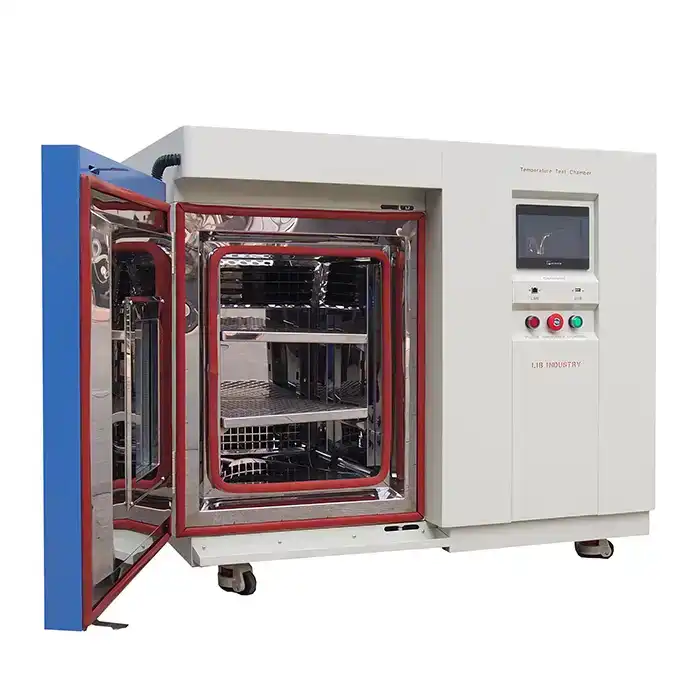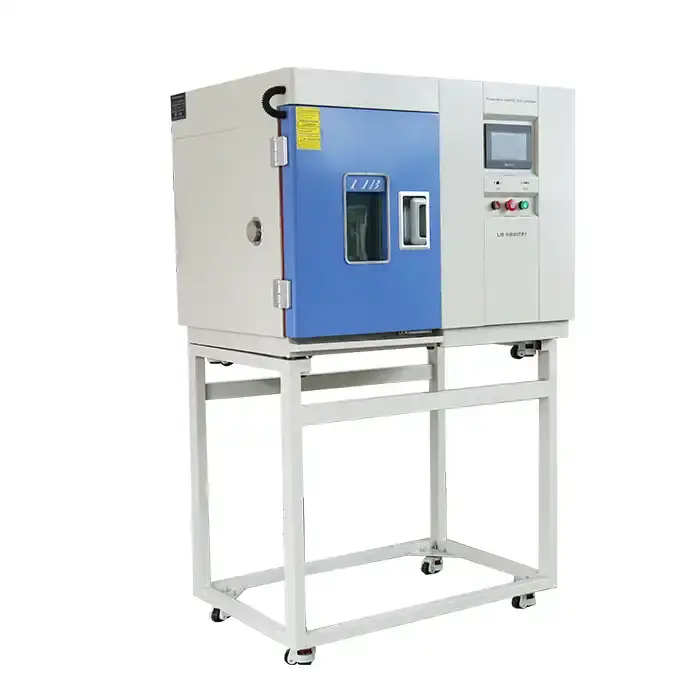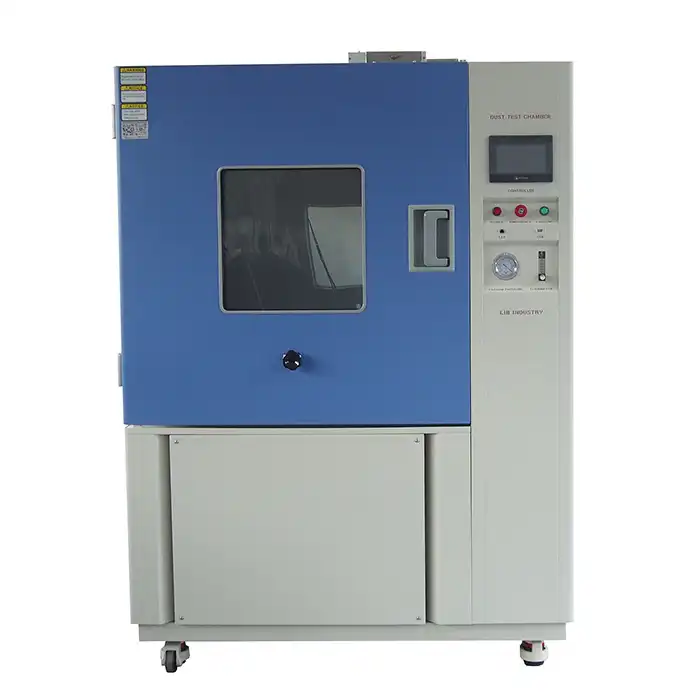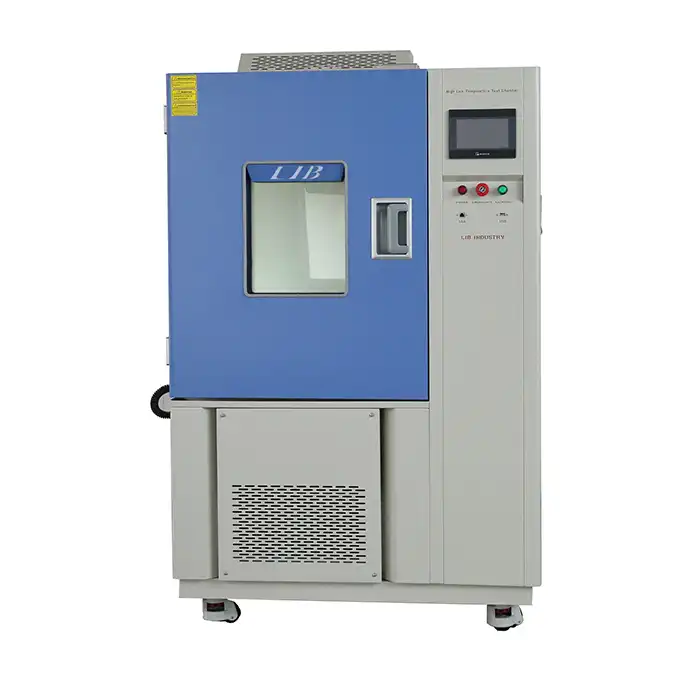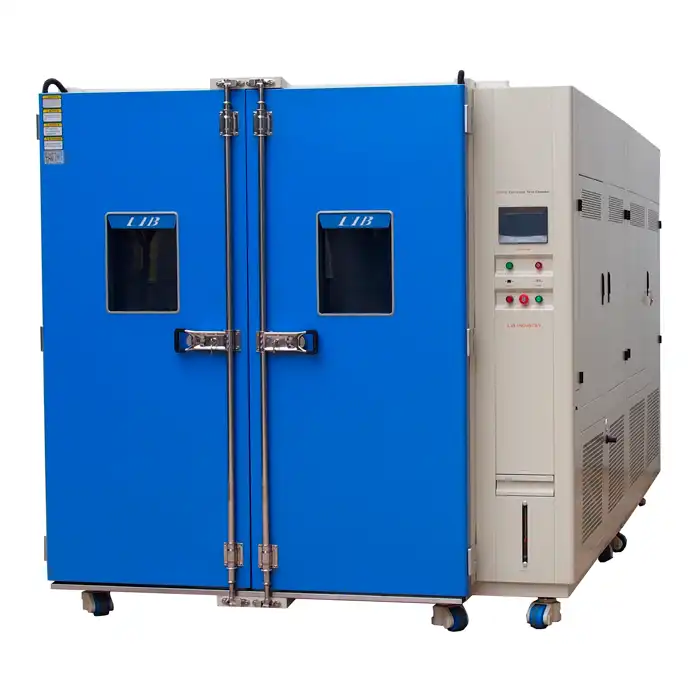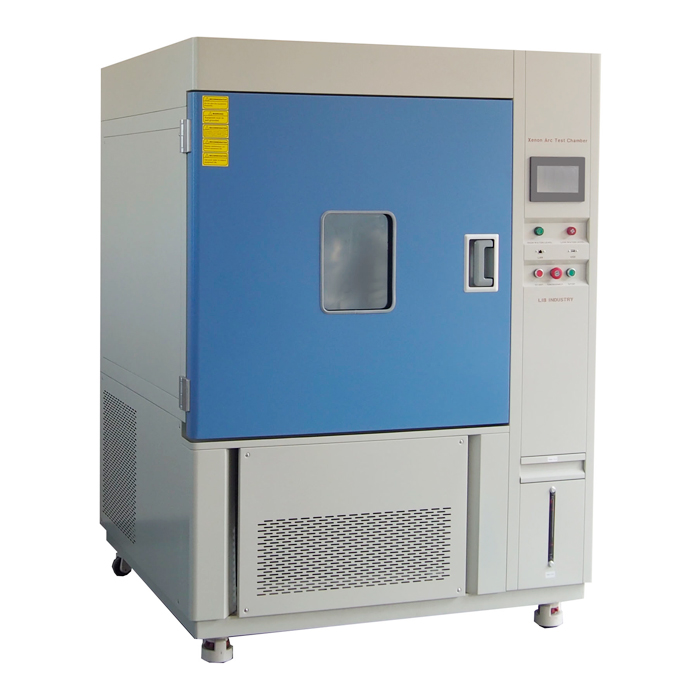Salt Testing Machine Applications: From Coating Thickness Measurement to Corrosion Resistance Evaluation
Ensuring the longevity and performance of materials exposed to harsh environments is critical across multiple industries. A salt testing machine plays a vital role in evaluating material durability, assessing protective coatings, and predicting long-term resistance to corrosion. This article explores the diverse applications of salt testing machines, from measuring coating thickness to analyzing adhesion failure mechanisms.
Salt Testing Machines: A Versatile Tool for Material Evaluation
Salt testing machines, also known as salt spray chambers, simulate corrosive environments to assess material performance under extreme conditions. These machines are widely used in automotive, aerospace, marine, and industrial manufacturing industries to test the protective capabilities of coatings, paints, and metal surfaces. By subjecting materials to accelerated corrosion cycles, manufacturers can ensure compliance with industry standards and enhance product reliability.
Coating Thickness Measurement: How Salt Testing Machines Validate Protective Layer Integrity?
The thickness of protective coatings directly impacts their ability to prevent corrosion. Salt testing machines help manufacturers evaluate whether coatings provide adequate protection by exposing them to salt fog, humidity, and temperature fluctuations.
For example, in the automotive industry, metallic components such as chassis frames and exhaust systems undergo salt spray testing (ASTM B117 standard) to assess the effectiveness of anti-corrosion coatings. If a coating is too thin, it may degrade quickly, leading to premature rust formation. Conversely, excessively thick coatings can crack, reducing their protective properties.
A study found that steel coated with zinc at 8-12 microns demonstrated 50% higher corrosion resistance compared to coatings below 5 microns in accelerated salt spray tests. By analyzing corrosion onset and failure rates, manufacturers can optimize coating thickness to enhance durability and cost efficiency.
Accelerated Corrosion Resistance Testing: Predicting Long-Term Durability in Harsh Environments
Industries that rely on metal structures, such as offshore oil rigs, bridges, and aerospace components, require materials that can withstand prolonged exposure to corrosive conditions. Salt testing machines simulate decades of environmental exposure within weeks, enabling manufacturers to predict a material's long-term performance.
For instance, aerospace manufacturers use cyclic corrosion testing (CCT) to replicate real-world conditions, including salt fog, drying phases, and humidity variations. Research indicates that aircraft aluminum alloys exposed to cyclic salt spray tests show a 30% reduction in corrosion damage compared to traditional static salt spray methods. This highlights the importance of advanced testing techniques in ensuring the safety and longevity of aircraft components.
Additionally, stainless steel grades such as 316L, commonly used in marine applications, exhibit significantly higher resistance to salt-induced pitting when tested under aggressive NaCl environments. Through accelerated testing, engineers can make data-driven decisions on material selection and protective treatments.
Beyond Corrosion: Evaluating Adhesion, Blistering, and Coating Failure Mechanisms
Salt testing machines not only assess corrosion resistance but also reveal potential weaknesses in coating adhesion and overall performance. When coatings fail, they may exhibit blistering, peeling, or delamination, which compromises their protective function.
In marine coatings, adhesion failure can lead to rapid substrate deterioration. A study on epoxy-based coatings exposed to salt spray testing demonstrated that poor adhesion resulted in a 40% reduction in protective lifespan. Similarly, in industrial pipelines, blistering due to trapped moisture under coatings can accelerate corrosion, leading to costly maintenance and repairs.
By conducting controlled salt spray tests, manufacturers can detect early-stage failures and refine coating formulations. Advanced coatings, such as ceramic-polymer hybrids, have shown superior adhesion and resistance in prolonged salt exposure tests, making them a preferred choice for high-performance applications.
LIB Salt Testing Machine
LIB Industry specializes in high-quality salt testing machines, designed to meet the rigorous demands of corrosion testing across various industries. Our salt spray chambers provide:
- Precision Testing: Advanced control systems ensure accurate simulation of corrosive environments.
- Compliance with Global Standards: Meets ASTM B117, ISO 9227, and other industry regulations.
- Customizable Features: Adjustable temperature, humidity, and spray cycles for diverse testing requirements.
- Durable and Reliable Construction: Built with corrosion-resistant materials for long-term operation.
Ensure your materials meet the highest durability standards with LIB Industry's salt testing machines. Our cutting-edge solutions provide accurate and reliable corrosion resistance evaluation. Contact us today at ellen@lib-industry.com to find the perfect testing solution for your needs!
References
1. ASTM International. "ASTM B117 Standard Practice for Operating Salt Spray (Fog) Apparatus."
2. NACE International. "Corrosion Control in the Aerospace Industry: Best Practices and Material Testing."
3. Journal of Coatings Technology and Research. "Effect of Coating Thickness on Corrosion Resistance in Salt Spray Environments."
4. Materials Performance Magazine. "Advancements in Cyclic Corrosion Testing for Automotive and Marine Applications."



